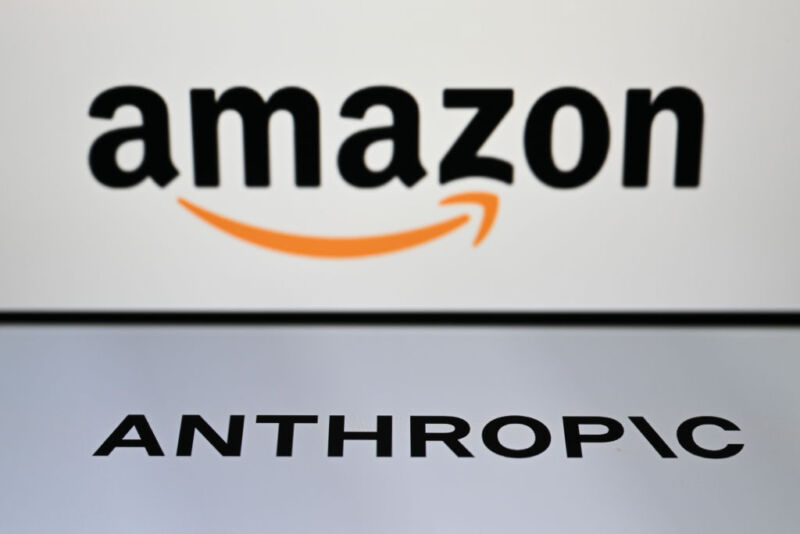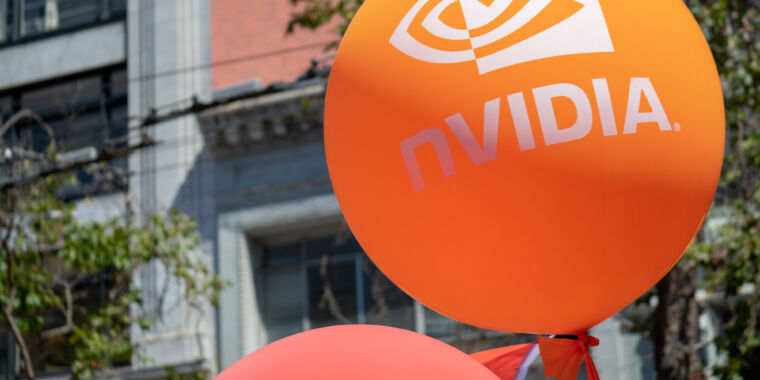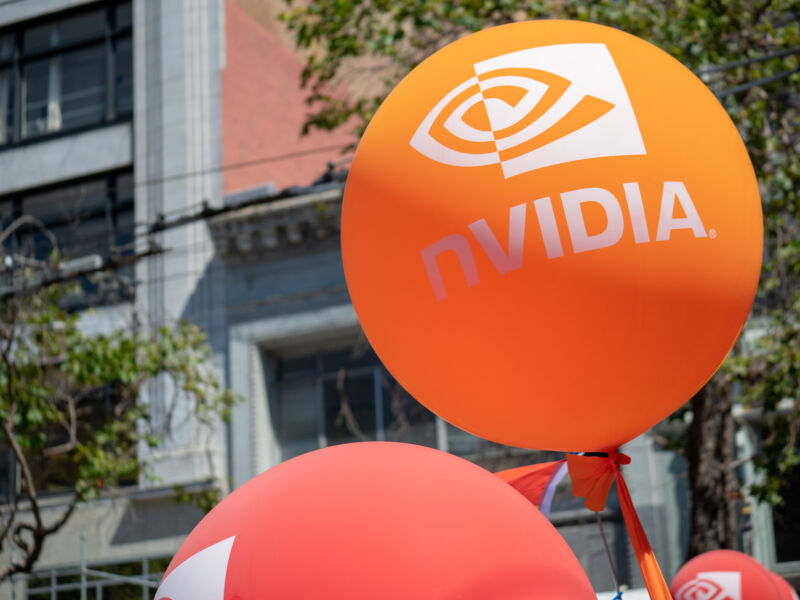Report: Google told FTC Microsoft’s OpenAI deal is killing AI competition
Google reportedly wants the US Federal Trade Commission (FTC) to end Microsoft’s exclusive cloud deal with OpenAI that requires anyone wanting access to OpenAI’s models to go through Microsoft’s servers.
Someone “directly involved” in Google’s effort told The Information that Google’s request came after the FTC began broadly probing how Microsoft’s cloud computing business practices may be harming competition.
As part of the FTC’s investigation, the agency apparently asked Microsoft’s biggest rivals if the exclusive OpenAI deal was “preventing them from competing in the burgeoning artificial intelligence market,” multiple sources told The Information. Google reportedly was among those arguing that the deal harms competition by saddling rivals with extra costs and blocking them from hosting OpenAI’s latest models themselves.
In 2024 alone, Microsoft generated about $1 billion from reselling OpenAI’s large language models (LLMs), The Information reported, while rivals were stuck paying to train staff to move data to Microsoft servers if their customers wanted access to OpenAI technology. For one customer, Intuit, it cost millions monthly to access OpenAI models on Microsoft’s servers, The Information reported.
Microsoft benefits from the arrangement—which is not necessarily illegal—of increased revenue from reselling LLMs and renting out more cloud servers. It also takes a 20 percent cut of OpenAI’s revenue. Last year, OpenAI made approximately $3 billion selling its LLMs to customers like T-Mobile and Walmart, The Information reported.
Microsoft’s agreement with OpenAI could be viewed as anti-competitive if businesses convince the FTC that the costs of switching to Microsoft’s servers to access OpenAI technology is so burdensome that it’s unfairly disadvantaging rivals. It could also be considered harming the market and hampering innovation by seemingly disincentivizing Microsoft from competing with OpenAI in the market.
To avoid any disruption to the deal, however, Microsoft could simply point to AI models sold by Google and Amazon as proof of “robust competition,” The Information noted. The FTC may not buy that defense, though, since rivals’ AI models significantly fall behind OpenAI’s models in sales. Any perception that the AI market is being foreclosed by an entrenched major player could trigger intense scrutiny as the US seeks to become a world leader in AI technology development.
Report: Google told FTC Microsoft’s OpenAI deal is killing AI competition Read More »




